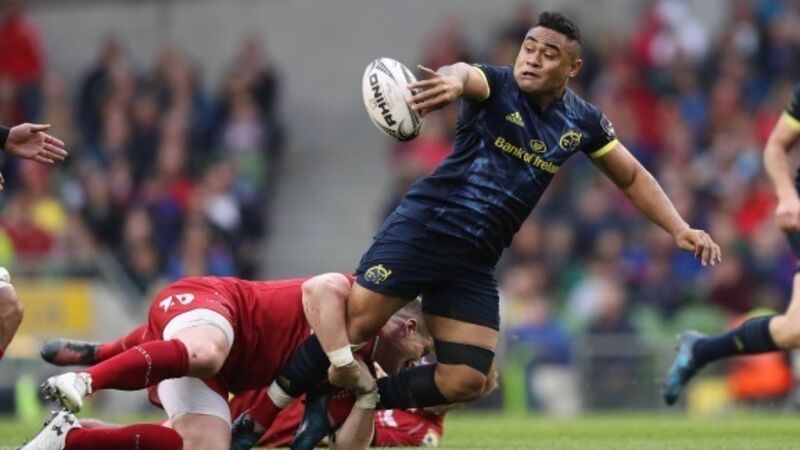Time for Munster to assess and move forward

Perhaps over the summer break Munster will look back on the notable improvements made in reaching the last four of the Champions Cup and Guinness Pro 12 final and realise that, in adversity, there was much to be proud of.
Incredibly, Munster only tasted defeat on four occasions in the 27 matches played since Anthony Foley passed away on the team’s Champions Cup sojourn to Paris last October. That tragedy has coloured and influenced everything that has happened to this squad since returning home on that gloomy Sunday evening over seven months ago.









